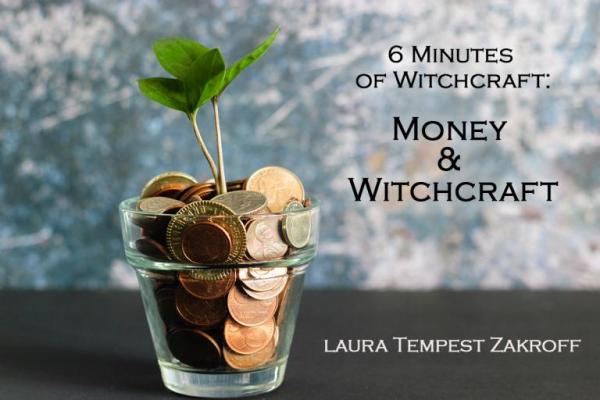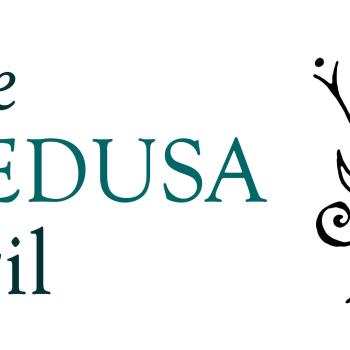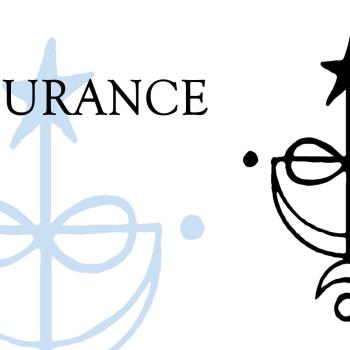
In this episode, I tackle a couple of taboos about money and Witchcraft – in particularly getting paid. This topic is one of those sticky issues that pops up again and again. Spoiler alert: money is a stand in – just like much of what we use with sympathetic magic. It represents something else. More thoughts after the video.
Warning: strong language ahead, because I have feelings about this.
So it would be great if we could just all trade and barter for goods and services. It would also be wonderful if some people didn’t try to willingly rip off other people. However, modern society doesn’t really allow the barter/trade system for most things (utilities, mortgages, car payments, public transport, etc). Also, as I am reminded on a daily basis: humans are going to human. There are assholes out there, but there are also wonderful people (and I like to think there are more of the latter than the former) – so just try to keep that in mind. Just because someone is overcharging for something or isn’t qualified to do it – doesn’t mean you have to support them, nor does it mean that other people are doing it wrong.
I saw a comment (oddly unrelated to the thread) that asked “are you doing this for money or for spirituality” and I thought, “how small and narrow.” Seriously, these things do not have to be separate or unrelated. We need to stop separating everything into sacred/profane, spiritual/mundane. It’s a false dichotomy that continues to fail society again and again. Something can be spiritual and material as well. Duh. That’s the nature of human existence. We’re spirits in physical format. There’s a price for that as well.

Photo by Thought Catalog on Unsplash
I can be good at something naturally, feel strongly about it, do the necessary work I believe in – and also receive proper payment for my services. Money does not take away from the quality or spiritual power of my work. In fact, people tend to value things they pay for (or otherwise engage in a similar exchange), more than things they get for free. Why? Because I think deep down, we do understand the value of an equal exchange. If someone values their work enough to be paid for it in some way, then it takes on worth in our eyes and feels balanced. Even if that exchange is simply a token, it feels worthy. Weaving, connection, magic – happens through give and take.
So if you are providing a service that you are qualified and skilled to offer, you should be charging for it. That covers magical supplies, artwork, music, readings, and lessons – among other things. Figuring out how and what to charge can be a bit more difficult, but looking at the pricing of similar services and products – IN YOUR AREA – is a good place to start. And don’t undercut – that doesn’t serve you or anyone else well.

Folks talking about “but teaching the Craft!” – if you are doing it within a closed group, then there’s generally some sort of exchange happening, if the teacher is wise. If a group is healthy with long-standing members, there has likely been an investment of some sort – whether through helping to pay for space or time, bringing food for ritual, volunteering to help out at events, etc. When I teach workshops all over at shops – the money covers my time and the shop’s space. It is a one-time thing that is different than a coven’s structure of learning in terms of relationship, frequency, and overall commitment. A tuition fee covers the special opportunity for education. Basically regardless of how it’s being done, the main takeaway should be: the rules and expectations should be laid clearly on the table for everyone to understand, people’s autonomy and consent must not be violated, and both parties are part of the exchange.

















